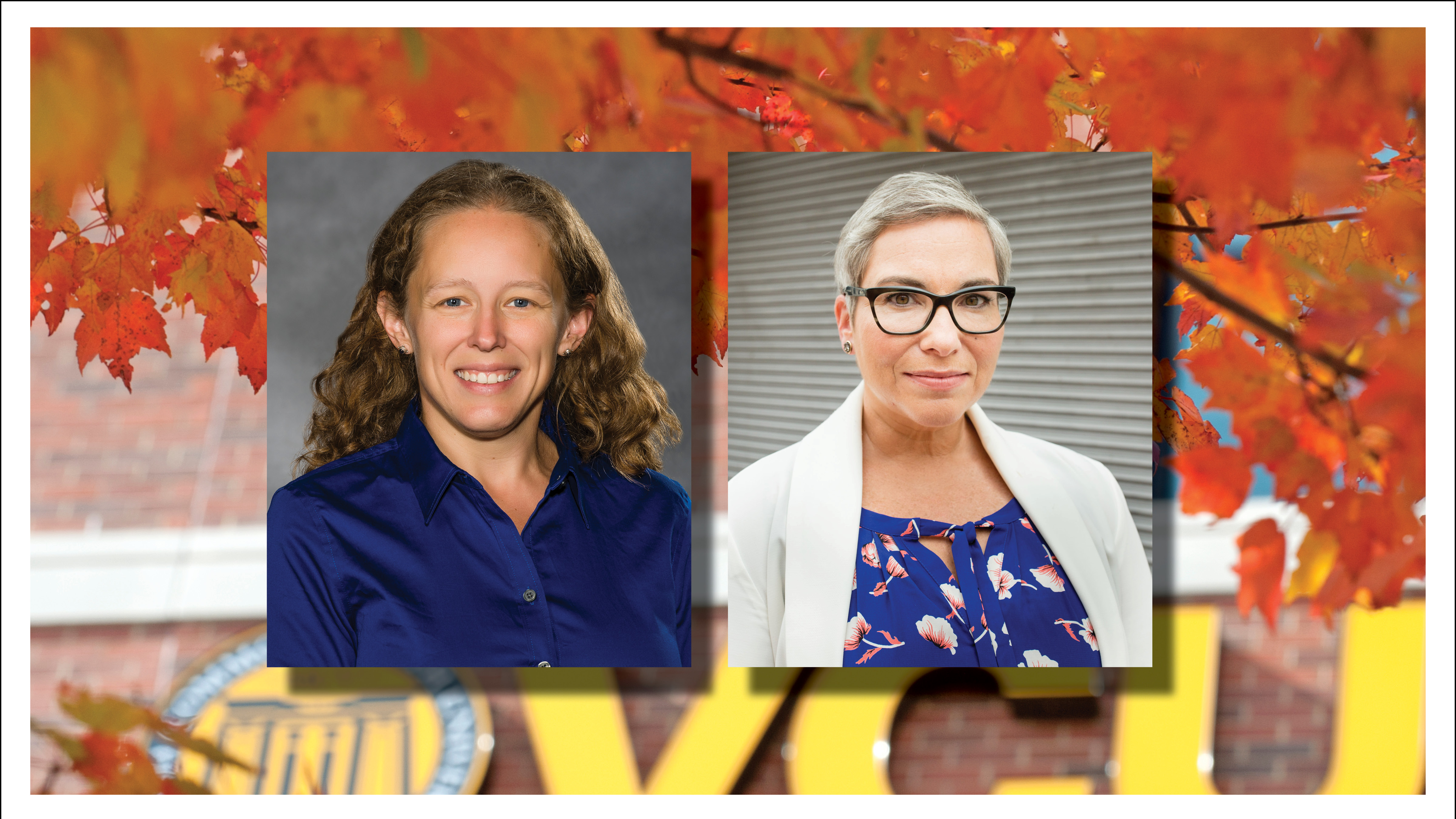Faculty News
Wilder School Awards Small Grants for Community-Based Research

By Tiffany Murray-Robertson
The Wilder School has announced the recipients of its 2017-2018 Faculty Small Grant Awards, which provide two awards of up to $5,000 annually for a project directly related to the scholarly trajectory of a faculty member.
This year’s awarded projects examine critical issues affecting underserved populations in the city of Richmond and the state of Virginia.
Kathryn ‘Kate’ Howell, Ph.D., assistant professor of Urban and Regional Planning and Studies, is investigating the barriers to affordable housing for low- and extremely low-income renters in Richmond.
Across the nation, working families earn far less than the fair market value of rent in their communities and struggle to find an affordable place to live. In Richmond, these pressures make finding stable, decent housing even tougher for very poor households.
Approximately 35 percent of all households in the region are cost burdened, paying more than 30 percent of their income for housing, including 15 percent who are severely cost burdened, paying more than 50 percent of their income for housing.
Cost-burdened households that put more than half their income towards rent are forced to choose which bills they can pay, and which necessities, food or healthcare they will forgo to avoid getting evicted or becoming homeless.
Citing the crisis of affordable housing as a “result of a complex context of lived experience,” Howell’s study will examine structural and cultural obstacles through three lenses: government, nonprofit and residents. Over the next year, she will partner with several organizations—including Housing Opportunities Made Equal (HOME), the VCU Center for Health and Society and multiple tenant associations—to conduct a qualitative study that will bring together diverse types of data to inform local policy and develop a deeper understanding of the challenges facing Richmond’s lowest income households.
Sarah Raskin, Ph.D., assistant professor and medical anthropologist, is investigating patterns of public dental health care use and barriers to participation among low-income pregnant Virginians. For expecting mothers, perinatal dental problems are associated with significant concerns—from low birth weight infants and preterm birth to high-risk health outcomes that may result in excess medical expenses for both mother and child for years to come.
Raskin will collaborate with i-Cubed Oral Health colleagues in the VCU School of Dentistry and a graduate student to conduct qualitative interviews of beneficiaries of Smiles for Children, a 2015 state health policy change that extends dental benefits to low-income expecting mothers.
With only 20 percent of eligible Virginians participating the program, Raskin and her colleagues hope to determine the facilitators to enrollment and use, and improvements necessary to optimize it. Expected deliverables include a report to the Virginia Department of Medical Assistant Services, two peer-reviewed publications and mixed methods pilot data to support a larger study of the implementation of Smiles for Children.